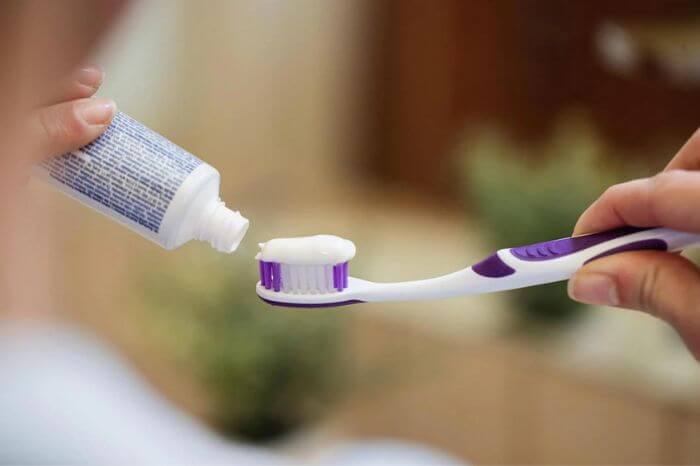
What Toothpastes Should I Be Using?
It’s a common question our Harwood dentists are asked: ‘’What toothpaste should I be using?’’. Fortunately, we know a lot about dental products and what might work for you. Whatever life stage you’re at, whether you need something basic for your typical day-to-day routine or something more specialist that addresses an oral concern. Read on to find out what toothpaste we recommend in today’s blog post.
Toothpaste for Babies
While our Harwood dentists often suggest waiting to brush for when that first tooth erupts (comes through), the truth is it’s almost never too early to get a little one accustomed to a dental routine. After all, good habits developed early on can stand the test of time and ensure they’re still caring for their teeth well into adulthood.
Babies from around the age of 4 months onwards could begin to become more familiar with brushing their teeth with specialist products like tiny finger toothbrushes or training toothbrushes. All you need is a tiny smear of toothpaste that’s designed for their age group, typically with a fluoride content of at least 1,000ppm (this stands for ‘parts per million’, and is clearly labelled on the packaging).
Toothpaste for older kids and adults
Kids aged 3-6 can use the same level of fluoride as babies but need to use a pea-sized amount. Then, from 7 onwards, they can step it up to a toothpaste containing fluoride of 1,350-1,500ppm. It’s also important to curb any bad habits (soothers/dummies, thumb-sucking, nail-biting and pen-chewing) that could harm little teeth – especially as adult ones begin to come through.

Toothpaste for sensitive teeth
Many of our patients ask our Harwood dentists about sensitive toothpaste. The enamel is a protective layer covering our dentin and the bundle of nerves inside our teeth. It thins with age, making us more susceptible to tweaks and twinges when we consume hot, cold, sweet or acidic foods and drinks. Sensitive toothpaste works to either protect or desensitise our teeth. Moreover, it offers relief and even serves to shield nerve endings that can be triggered by our diet.
Toothpaste for dull or stained teeth
While one of the best ways to combat this is through teeth whitening (and a change in diet or lifestyle habits), whitening toothpaste can be a Godsend. These can lift or soften surface staining through a combination of special abrasives and bleaches (which won’t harm your smile). However, these aren’t as effective as our specialist treatments.
Getting advice
The best way to find the best toothpaste for you? An appointment with our top Harwood dentists in Bolton. To make yours, simply contact our friendly reception team today.
You can also find out more about the do’s and don’ts when it comes to your oral hygiene in one of our other blogs.







